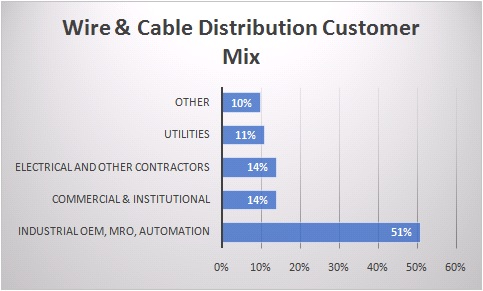5 Types of Consent: Part 5 — Personal Relationship

Mar 18, 2019
Canada’s new anti-spam law (CASL) was passed in December 2010 and, following a Governor in Council order, it entered into force on July 1, 2014. The law helps to protect Canadians while ensuring that businesses can continue to compete in the global marketplace. Parts 1-4 explored express consent and implied consent involving existing business, non-business relationships, and conspicuously published addresses. Here in Part 5: personal relationships.
A “personal relationship” requires that the real identity of the individual who alleges a personal relationship is known by the other individual involved in such a relationship (as opposed to instances where a virtual identity or an alias is used). Using social media or sharing the same network does not necessarily reveal a personal relationship between individuals. The mere use of buttons available on social media websites — such as clicking “like,” voting for or against a link or post, accepting someone as a “Friend,” or clicking “Follow” — will generally be insufficient to constitute a personal relationship.
Section 6 of CASL does not apply to a commercial electronic message (CEM) sent to an individual with whom the sender has a personal or family relationship, as defined the Governor-in-Council (GiC) Regulations.
A “personal relationship” involves direct, voluntary, 2-way communication. The GiC Regulations set out a non-exhaustive list of factors that should be used to determine whether the relationship is personal (e.g. the sharing of interests, experiences, opinions and information evidenced in the communications; the frequency of the communication, and so on). It is important to note that the definition of personal relationship should remain limited to close relationships. This will help prevent potential spammers from exploiting this concept in order to send CEMs without consent.
Also, a “personal relationship” is one that exists between individuals. Legal entities, such as corporations, cannot have a personal relationship. Someone who sends a CEM on behalf of a corporation may not claim to have a personal relationship with the recipient.
Photo credit: Duy Pham on Unsplash











